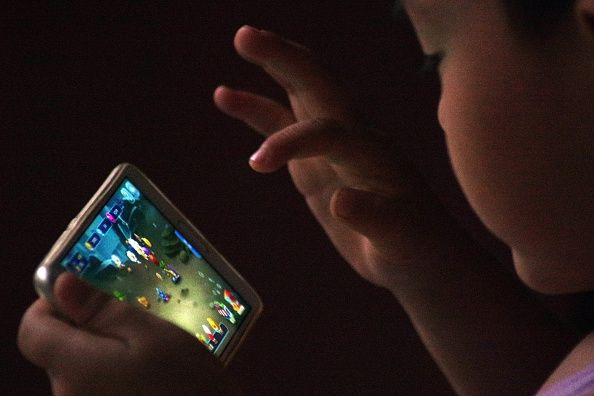WHO To Add 'Gaming Disorder' To List Of Mental Health Conditions

The World Health Organisation (WHO) will include "gaming disorder" in its international list of illnesses to be released early in 2018.
Across the globe, e-sports is a growing trend that reached new heights of fandom in the last few years. Several thousand hardcore gamers throng events every year to participate in huge conglomerations of people mashing buttons and shooting down opponents.
But, now this fever pitch has translated into a widespread disorder, says WHO. According to the agency concerned with international public health, being glued for hours in front of a screen, looking at highly stimulating made-up worlds can take a toll on developing brains.
The body came to the decision of adding "gaming disorder" to its list after monitoring computer gaming for more than a decade.
According to a Beta draft released by WHO's International Classification of Diseases, the criteria for this addiction includes making gaming a priority “to the extent that gaming takes precedence over other life interests.” If this behavior continues after the person knows of the ill effects and still continues gaming, it will be considered an addiction.
Several gamers were found to go long hours in front of their consoles, causing a lack of sleep and a reduction in physical activity and exposure to sunlight.
Vladimir Poznyak, at the WHO's Department of Mental Health and Substance Abuse, was quoted in an IBTimes U.K. report as saying, "Health professionals need to recognize that gaming disorder may have serious health consequences."
"Most people who play video games don't have a disorder, just like most people who drink alcohol don't have a disorder either. However, in certain circumstances overuse can lead to adverse effects," he added.
There are two major types of video game addiction, says psychiatric help website PsychGuides.com.
They are online gaming addiction and offline single person gaming addiction. Several health professionals have stated a plethora of health problems that can arise due to disrupted sleeping patterns, long hours slouched over a screen and a generally unhealthy lifestyle that a majority of hardcore gamers lead.
Games that are played online with other users tend to be more addictive due to the nature of the content, and it calls for constant concentration for longer periods of time.
There are even specialized addiction centers for video gamers much like for heroin or alcohol addicts. In Amsterdam, The Netherlands, teenagers and young adults begin detox by admitting they are powerless over their addiction, said a report by WebMd.
Keith Bakker, director of Smith & Jones Addiction Consultants, said in the report that "the more we looked at it, the more we saw gaming was taking over the lives of kids."
"I was surprised we didn't think of it here in America," says Kimberly Young, PsyD, clinical director of the Center for On-Line Addiction and author of "Caught in the Net: How to Recognize the Signs of Internet Addiction — and a Winning Strategy for Recovery," in the report . "I've had so many parents call me over the last year or two, particularly about the role-playing games online. I see it getting worse as the opportunity to game grows - for example, cell phone gaming."
There is also a fear that people who enjoy the occasional kick-back with a gaming console could be labeled as addicts. When the term addiction or disorder gets associated with an activity, there is a fear of stigma getting attached too. It is important to note here that not all gamers are glued helplessly to the virtual world.
© Copyright IBTimes 2024. All rights reserved.





















